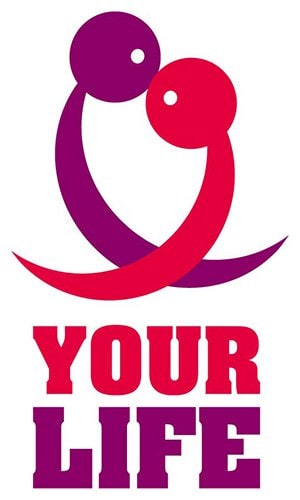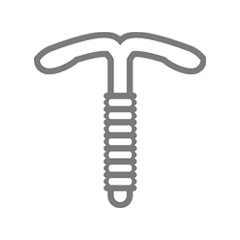EMERGENCY CONTRACEPTION
WHEN and HOW?
Emergency contraceptives are often called the morning after pill. They can offer you a second chance to prevent pregnancy after having had unprotected sex.
The efficacy of emergency contraceptives change drastically depending on how long after unprotected sex you take them. To be as effective as they can be you must take them during the 24 hours after you had sex, after this time, their ability to be effective declines.
Efficacy of emergency contraceptives changes over time as follows:
- 95% effective within first 24 hours after unprotected sex
- 85% if taken within 25-48 hours
- 58% if taken within 49-72 hours

How to use emergency contraception?
For the best results with emergency contraception, be quick. Taken 12 hours after unprotected sex it is a lot more effective than after 24 hours. You just need to take the morning after pill like any other tablet with some water. After using emergency contraception you should use another form of contraception for the rest of your cycle to protect yourself if you do not want to become pregnant.
Emergency contraception (the morning after pill) is not made for regular use - it is only intended as a back-up.
Tabs header
Emergency Contraception PROS
- It helps prevent pregnancy after birth control failure or unprotected sex
- Most effective only when used within 24 hours after unprotected sex
Emergency Contraception CONS
- It contains a high dose of hormones (>10 times higher compared to the pill) in one pill
- Using it repeatedly can interrupt the natural menstrual cycle
- It may cause headache, nausea, vomiting, abdominal pain, menstrual pain, tiredness, dizziness, fatigue
- Does not protect against HIV infection (AIDS) and other sexually transmitted infections (STIs)
All details about Emergency Contraception
An emergency pill typically contains hormones that are similar to oral contraceptives, but are much higher dosed. It works mainly by stopping or delaying the ovaries from releasing an egg. It may also work by changing the lining of the womb that may prevent implantation of a fertilized egg. For the best chance for it to work, you should take the emergency pill as soon as possible after unprotected sex. Ideally you should take it up to 12 hours after you’ve had unprotected sex but if it’s taken more than 24 hours after unprotected sex, it’s already much less effective. After using emergency contraception you should use another form of contraception for the rest of your cycle to protect yourself if you do not want to become pregnant.

Questions & Answers about Emergency Contraception
FREQUENTLY ASKED QUESTIONS
The emergency pill must be taken within 72 hours (three days) after unprotected sex. The sooner it is taken, the more effective it is. It is most effective when taken within 12 hours after unprotected sex.
Repeated administration within a menstrual cycle is not advisable because of the possibility of disturbance of the cycle. The emergency pill should not be relied on as a regular form of contraception, and it is not as effective as other forms of hormonal contraception specifically made for regular use - it is only intended as a back-up.
No, the pill contains either a combination of estrogen and progestin or progestin only, and works by delaying or inhibiting ovulation. It is not a method of abortion.
Yes, you can use the emergency pill if something has gone wrong with your usual form of contraception, for example a forgotten pill or split condom.
No. ECPs do not work if a woman is already pregnant. When taken before a woman has ovulated, ECPs prevent the release of an egg from the ovary or delay its release by 5 to 7 days. By then, any sperm in the woman's reproductive tract will have died, since sperm can survive there for only about 5 days.


































